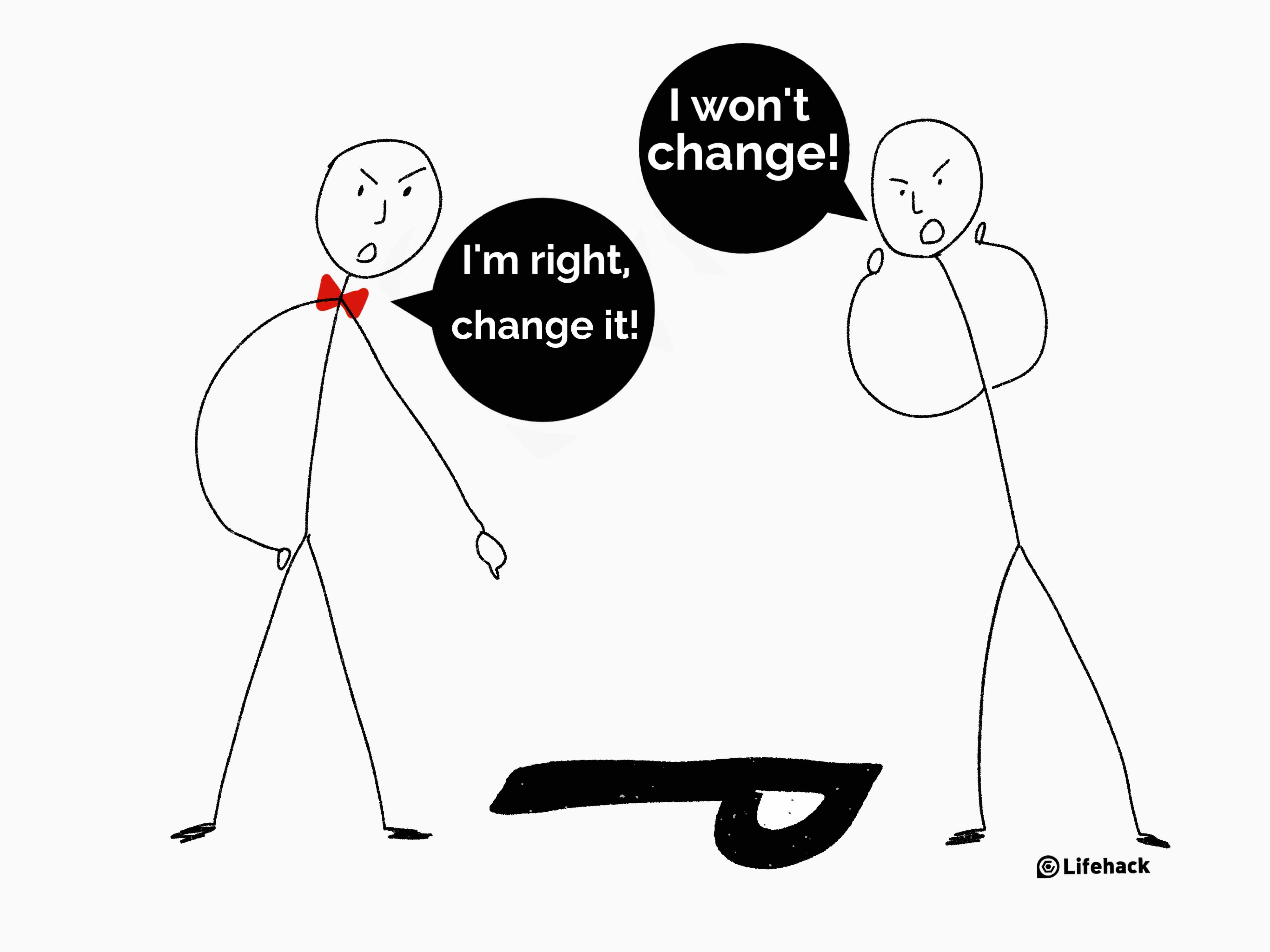But a lot of these people openly criticize newly released movies without real concrete reasons to back up their points of view. Most of the time, people only see things from a personal perspective and their own feelings about it rather than forming different perspectives and providing a critical structure towards the film. Criticism is an art but an art that’s getting lost in a sea of personal opinions. Roger Ebert was the first film critic to win the Pulitzer Prize for Criticism. The Pulitzer Prize for Criticism is a prestigious award presented since 1970 to critics who have demonstrated ‘distinguished criticism’. Ebert won due to his “relative, not absolute” critical approach to films.
In other words, when he reviewed a film, he did it from the point of view of its prospective audience as well as the film’s value as a whole.
The Damage of Biased Opinions
We all have opinions and like to express them and the internet makes it much easier for more people to voice their strong points of view. There are many people who are more informed or knowledgable than others but this isn’t a ticket to being right with their opinions. It’s still subjective criticism if it isn’t done in a professional and trained way therefore bias rears its head in most cases resulting in a limiting, single perspective.
Bias is natural for us and hard to rein in. In neurological terms, the brain has limited information processing capacity.[1] This means we actually believe we know more than we actually do and we have a tendency to embrace only information that supports our own belief and so “confirmation bias” is formed. This allows many of us to enter a state of assumption or relying on common ‘facts’ to back up our belief without seeking disconfirming evidence. It’s in this state that we create the “I’m right and you’re wrong” way of thinking.
While people giving out their idea of criticism may seem harmless, the danger of this is the general dismissal and lack of credibility within a critical review. The main point of constructive, unbiased criticism in anything is to create an improvement but if we don’t know the true art of delivering criticism, the people receiving the criticism can easily dismiss it and not use it to build on improving.
What Exactly is Good Criticism?
The basis of good criticism is positive intention. This means it’s presented as a form of communication with the intent of understanding others or helping others to improve in a positive direction. Anyone who puts their creative work out there should be open to ways of improvement and growth. Good, constructive criticism is in place to allow the creator to gain more perspective and help them to make their next set of choices. Valued criticism should also be objective and come from a space of taking in different perspectives. This means being able to recognise that there isn’t one universal opinion but recognising there are many possible and valuable points of view to take into consideration. Fully understanding the intention of what you’re forming a critical eye about is key to sensible criticism. Measuring how good or bad something is requires knowledge about the true intent behind what the creator is trying to get across. Lastly, respecting other points of view is essential. Good criticism never comes from a standard perspective but takes into account different ways of seeing something and acknowledging other approaches of thinking than your own.
A Guide to Good Criticism: Giving It Out and Taking It
The ability to be a good critic will add to the world because you can really create improvement and growth. Taking criticism can be hard, but if you do this with an open mind and in a constructive way, you can really add value to your own growth and direction. Giving Criticism Taking Criticism Next time you give an opinion, read someone else’s opinion or take criticism, be mindful of the perspective it’s coming from. Ask yourself if your or their opinion is bias, fuelled by emotion or a limited perspective. Take into account more than one perspective and understand what the true intentions of what you’re seeing is trying to convey. Taking criticism can be hard but make sure it’s coming from an honest source and be open to improvements for positive growth. Featured photo credit: Freepik via freepik.com




